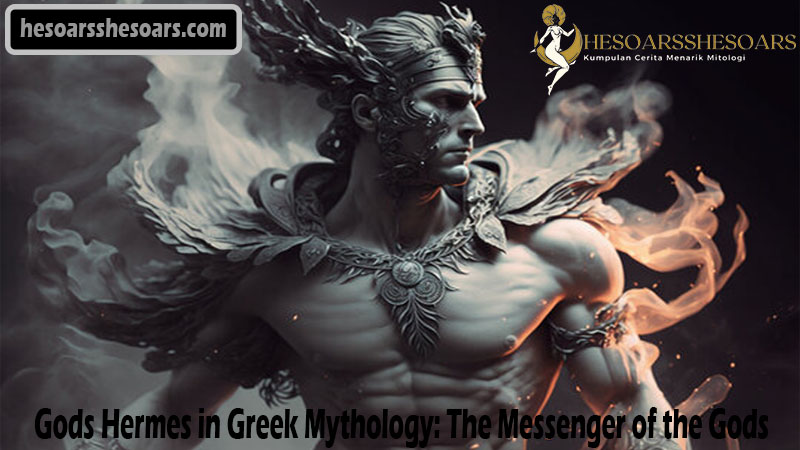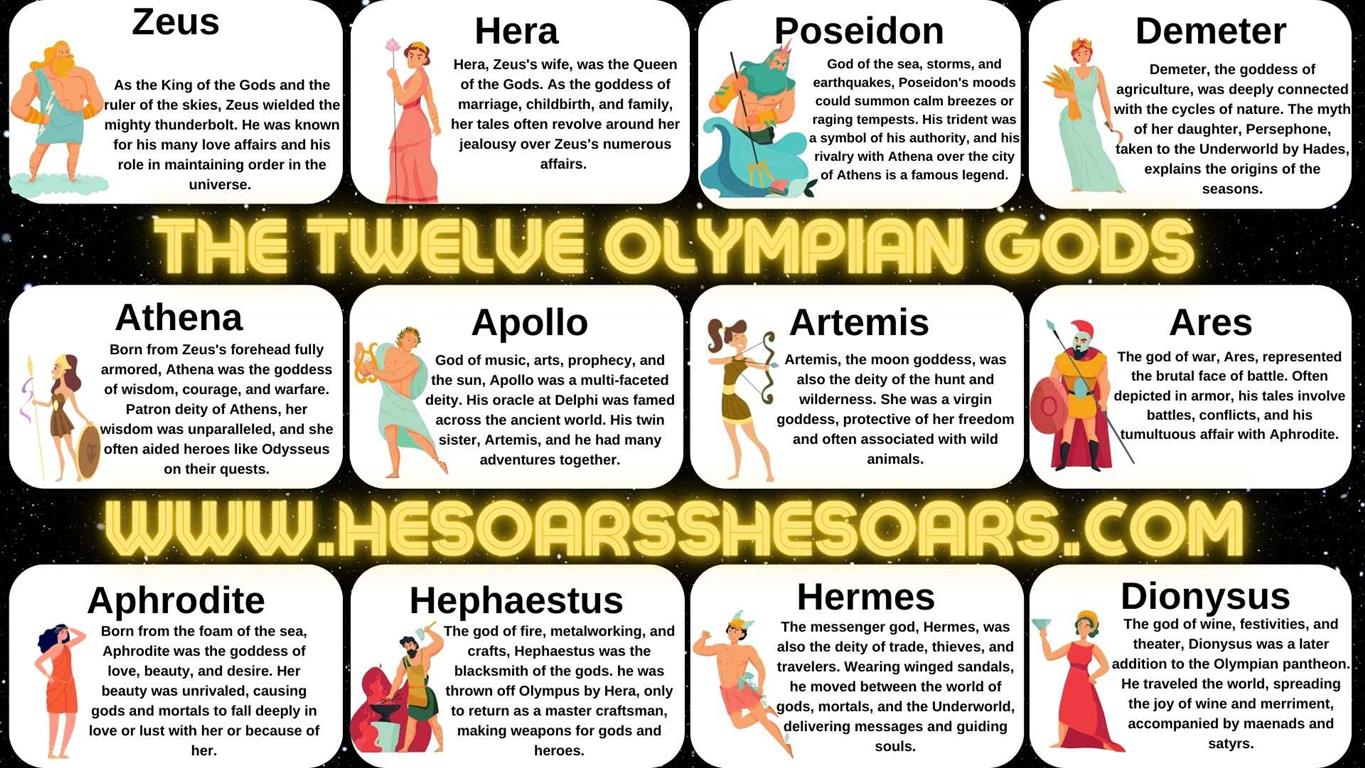Introduction Gods Hermes
Greek mythology is rich with gods, goddesses, and mythical creatures, each with their own unique characteristics and stories. One of the most intriguing figures in Greek mythology is Hermes, the swift and cunning messenger of the gods. Hermes, known for his wit and versatility, played a significant role in the Greek pantheon and has left a lasting legacy in both ancient and modern culture. In this article, we will explore the fascinating world of Hermes in Greek mythology.
The Birth of Hermes
Hermes was born to Zeus, the king of the gods, and Maia, a Titaness and one of the Pleiades. He was born in a secluded cave in Arcadia, and his birth was kept a secret. Hermes’ swift development allowed him to walk and talk on the same day he was born, showcasing his exceptional intelligence and agility from the very beginning.
Attributes and Symbols
Hermes is often depicted as a youthful and athletic figure with winged sandals and a traveler’s cap. His most famous symbol is the caduceus, a winged staff entwined with two snakes, which has become a symbol of medicine and commerce in modern times. He also carries a purse or pouch, signifying his role as the god of trade and commerce.
Hermes as the Messenger of the Gods
Hermes played a crucial role as the messenger of the gods. He was responsible for delivering divine messages, guiding the souls of the deceased to the afterlife, and serving as a mediator between gods and mortals. His swift-footed nature allowed him to traverse great distances in the blink of an eye, making him the ideal messenger.
Hermes was also known for his cleverness and ability to outsmart others. He often used his wit to solve problems and conflicts among the gods and mortals. One of his most famous feats was stealing Apollo’s cattle shortly after his birth and covering his tracks with the help of a lyre he had created from a tortoise shell.
The Patron of Travelers and Merchants
Apart from his role as the messenger of the gods, Hermes was also the patron of travelers and merchants. He protected those on the move, ensuring safe journeys and successful trade endeavors. Ancient Greeks would often offer prayers and sacrifices to Hermes before embarking on a journey or engaging in business transactions.
Hermes in Greek Mythology
Hermes’ presence is felt throughout various Greek myths and stories. He played a significant role in the tale of Perseus, helping the hero on his quest to slay Medusa by providing him with winged sandals and a cap of invisibility. Additionally, Hermes guided the hero Odysseus on his long and perilous journey home from the Trojan War.
Hermes’ involvement in these stories demonstrates his versatility and willingness to assist mortals in their endeavors. He was not just a messenger of the gods but a friend and helper to those in need.
Legacy of Hermes
Hermes’ influence extends beyond Greek mythology. In Roman mythology, he was known as Mercury and retained his role as the messenger of the gods. The caduceus, his symbol, is still associated with medicine and healing in modern times.
Furthermore, Hermes’ character has left a mark on literature, art, and popular culture. He is often depicted as a mischievous and clever figure, and his attributes continue to inspire writers, artists, and filmmakers.
Conclusion Gods Hermes
Hermes, the messenger of the gods in Greek mythology, is a multifaceted figure who embodies wit, swiftness, and versatility. His influence extends beyond ancient times, with his symbols and attributes still relevant in contemporary culture. Whether delivering divine messages or aiding mortals in their quests, Hermes remains a beloved and enduring figure in the world of mythology.




